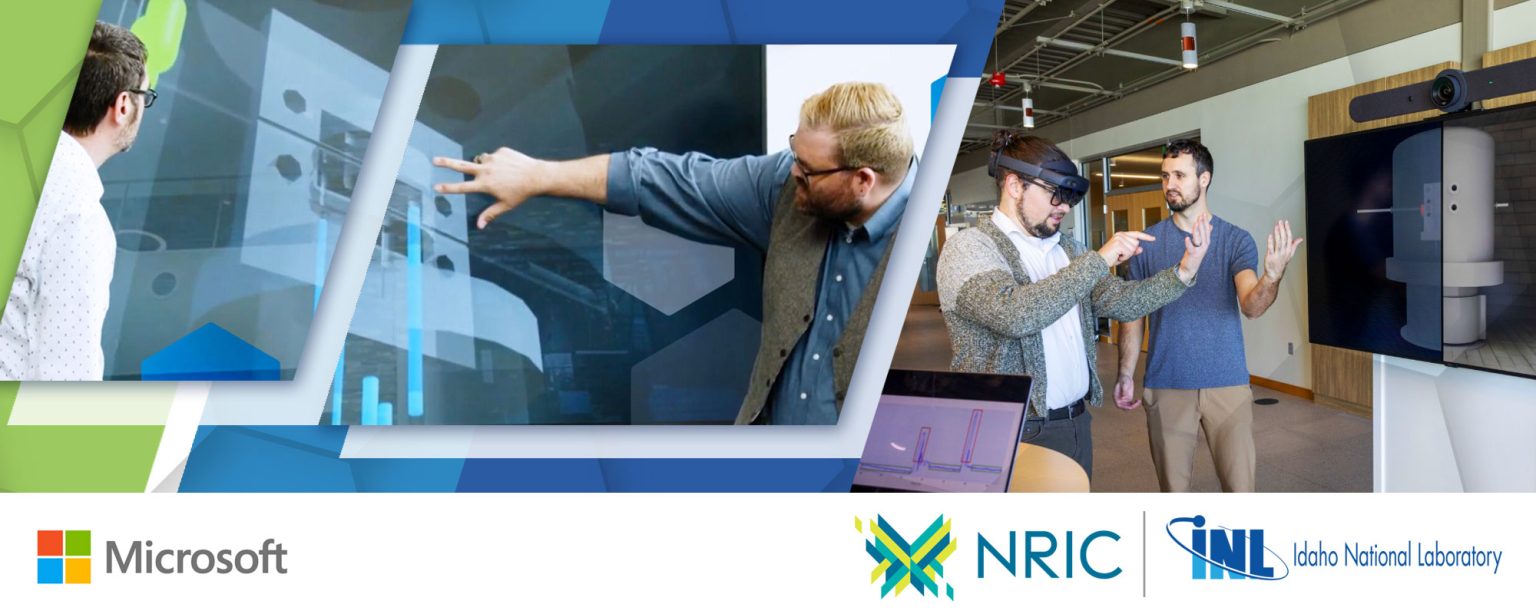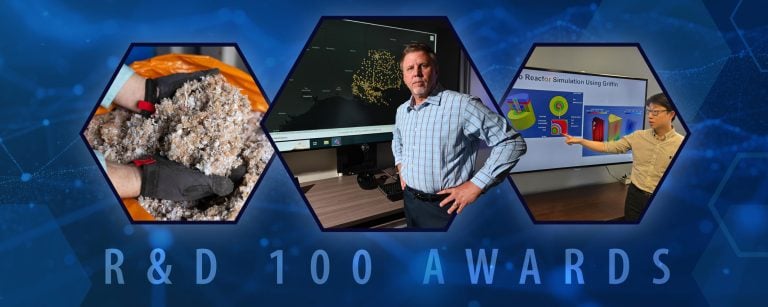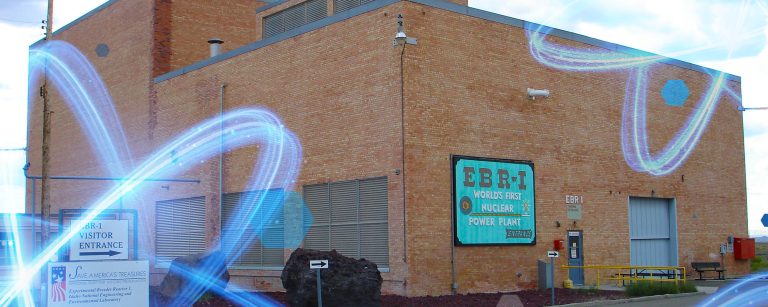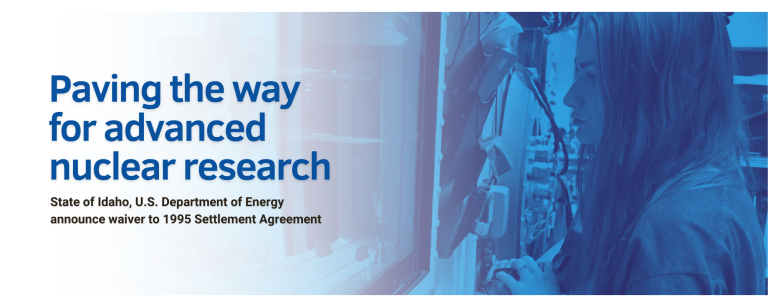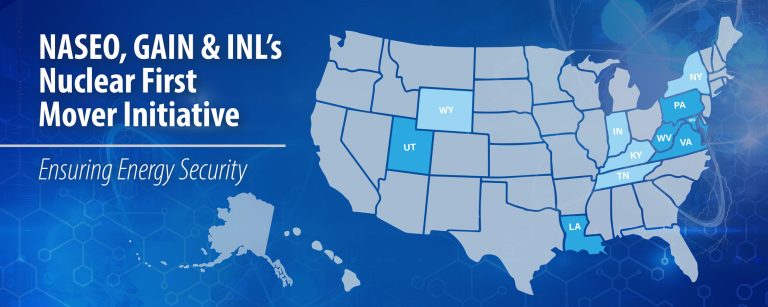(IDAHO FALLS, Idaho) — The Idaho National Laboratory (INL) and Microsoft Corporation (Microsoft) have announced a collaboration to use Microsoft’s Azure cloud and artificial intelligence (AI) technologies to streamline the nuclear permitting and licensing application process.
The U.S. Department of Energy (DOE) Office of Nuclear Energy through the National Reactor Innovation Center provided funding for the project.
“This is a big deal for the nuclear licensing process,” said Jess Gehin, associate laboratory director for Nuclear Science and Technology at Idaho National Laboratory. “Introducing AI technologies will enhance efficiency and accelerate the deployment of advanced nuclear technologies.”
INL will leverage a Microsoft-developed solution built with Azure AI services to generate engineering and safety analysis reports, which are standard reports submitted as a part of applications for construction permits and operating licenses for nuclear power plants.
For reactor developers, generating these large, detailed reports is typically a time-consuming and expensive process that requires compiling safety data and language from multiple sources. The Azure AI-powered solution will help streamline and accelerate the review process.
The technology is designed to ingest and analyze nuclear engineering and safety documents, and generate documentation required by the U.S. Nuclear Regulatory Commission (NRC) and DOE for nuclear licensing.
The tool does not perform analyses on the documents but rather automates the process of constructing licensing documents for subsequent human verification.
“Artificial intelligence technologies can enable a new frontier of innovation and advancement by automating routine processes, accelerating development and freeing scientists and researchers to focus on the real complex challenges affecting our society,” said Heidi Kobylski, vice president for Federal Civilian Agencies, Microsoft. “We are honored to collaborate with INL to help address the complicated process of nuclear licensing to potentially help speed the approval of nuclear reactors necessary to support our increasing energy demands.”
The tool has wide applicability for nuclear energy-related licensing, including new light water reactors and upgrades to existing light water reactors. The Azure AI-powered solution could be especially useful for licensing advanced reactors, which often have different designs, fuels, coolants and materials than the conventional reactors typically reviewed by the NRC. The technology can generate reports for any nuclear facility licensed through NRC or DOE authorization, including nuclear energy test facilities.
“AI holds significant potential to accelerate the process to design, license, and deploy new nuclear energy for the nation’s increasing energy needs,” said Chris Ritter, division director of Scientific Computing and AI at INL. “INL looks forward to early research to evaluate the applicability of generative AI in the nuclear licensing space.”
The latest AI tool is not the first collaboration between INL and Microsoft. In 2023, INL and Idaho State University (ISU) nuclear engineering students developed the world’s first nuclear reactor digital twin — a virtual replica of ISU’s AGN-201 reactor — using the company’s Azure cloud computing platform.
NEWS MEDIA CONTACTS:
Sarah Neumann, 208-526-0490, [email protected]
Addison Arave, 208-526-7369, [email protected]

